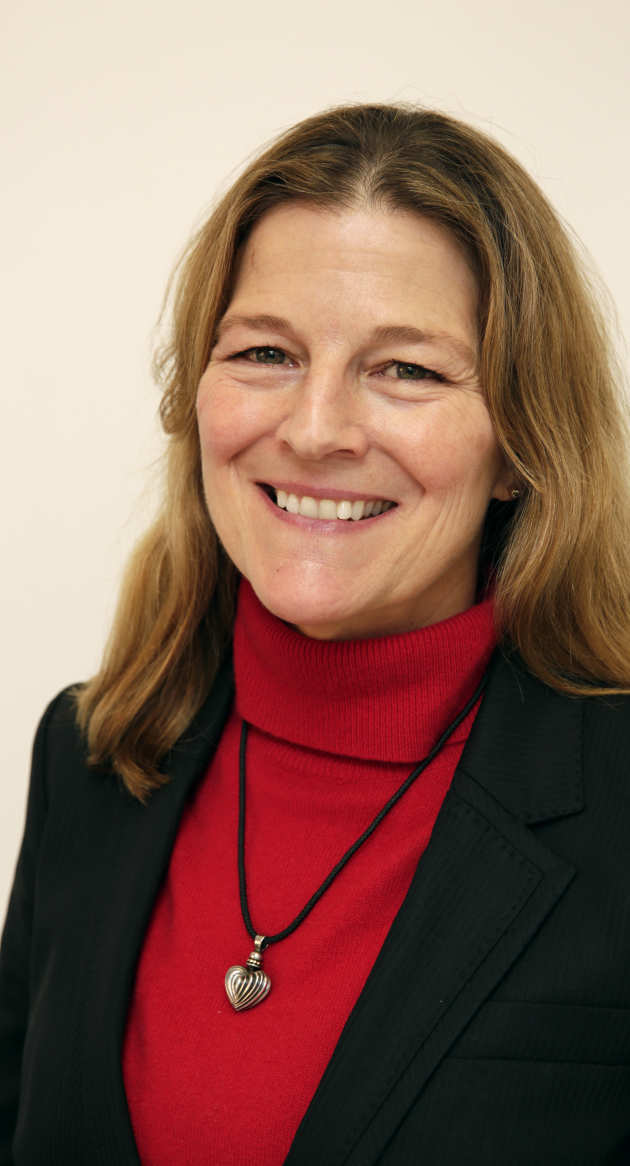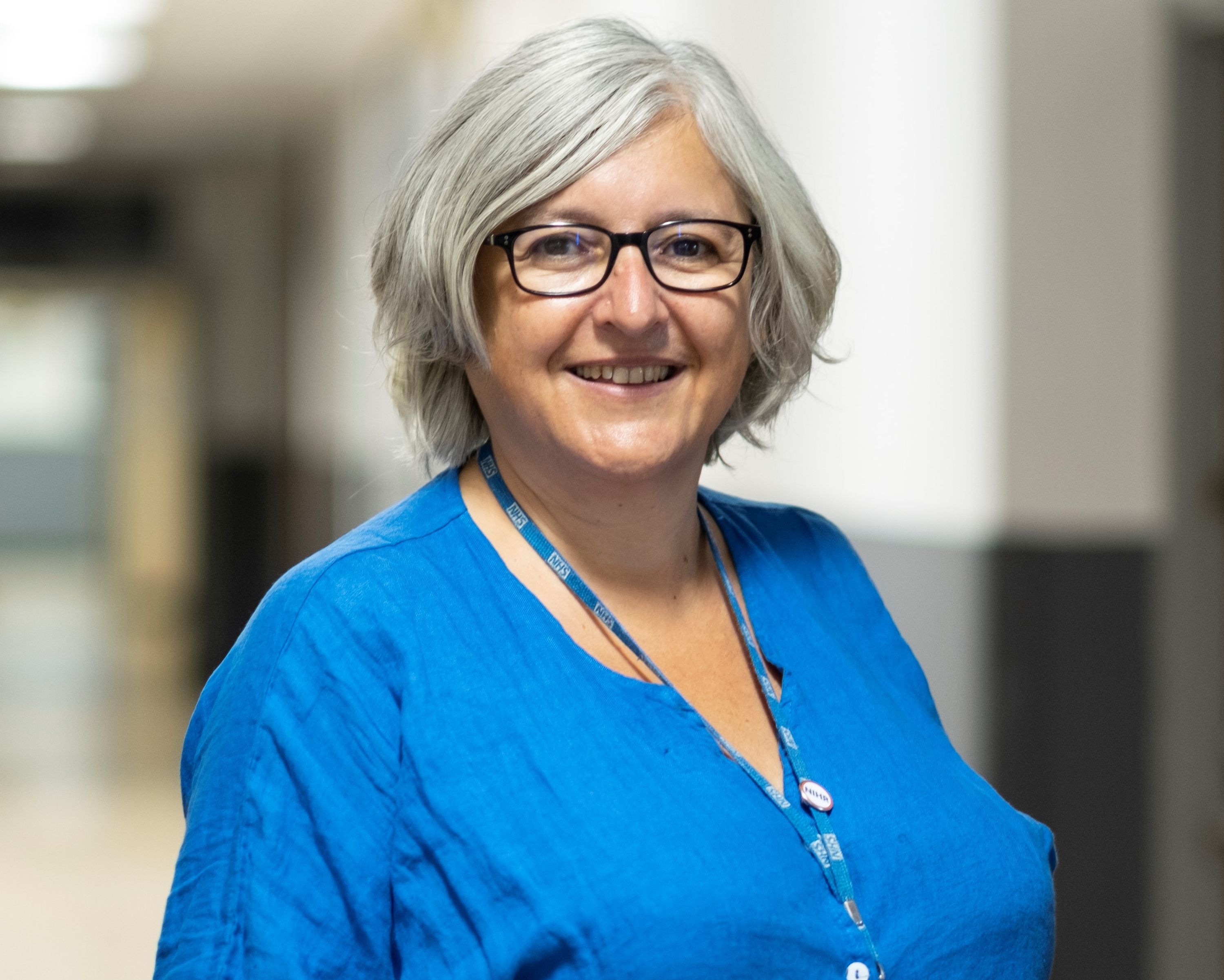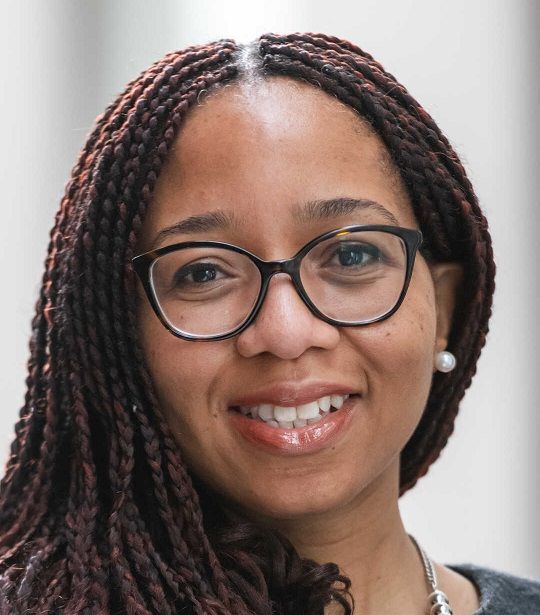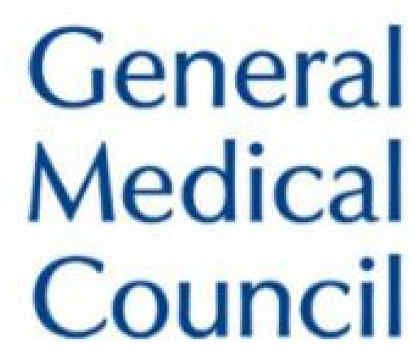 RESEARCH: THE ASSESSMENT OF PAIN AND SENSORY FUNCTION AND THE OUTCOMES OF TREATMENT IN PEOPLE WITH PAINFUL CONDITIONS OF THE HAND AND UPPER LIMB
RESEARCH: THE ASSESSMENT OF PAIN AND SENSORY FUNCTION AND THE OUTCOMES OF TREATMENT IN PEOPLE WITH PAINFUL CONDITIONS OF THE HAND AND UPPER LIMB
How did you get into research?
I’ve been a hand therapist for 30 years. I’ve always been a voracious consumer of research. Just over 15 years ago, Imperial College Healthcare NHS Trust (ICHNT) supported me in doing a part-time research-based MSc. At the same time I won a small grant from the Trust Charity to investigate how we assess hand strength in patients with arthritis, and collaborated with colleagues in Plastic Surgery and Rheumatology. I was off and running and haven’t stopped since. It took me a while after completing my MSc to decide to undertake a PhD. I didn’t make the decision lightly and had lots of support from colleagues at the Trust.
What do you enjoy about research?
I love to find and read the evidence. It is like being a crime scene investigator on television, digging for proof, examining critically. I am filled with clinical questions I want to answer and conducting a study allows me to do this. Why do treatment responses differ? What do patients prefer? The list is endless. Participating in research is an incredible opportunity to collaborate with colleagues and with patients to develop the evidence that shapes our practice. And to inspire someone else, a student or staff member, to take on a project is incredibly rewarding.
What was the most difficult aspect of doing your PhD?
It was challenging to reel myself in, as it is tempting to take on too many projects. It was also challenging to have to relearn some of the basic science that I studied as an undergraduate more than 30 years ago. But the most difficult aspect was writing up my thesis when I had finished my Fellowship and returned to my clinical role. I wouldn’t want to have to repeat that.
What difference has your research training and experience made to your career?
Imperial College and the National Institute for Health Research (NIHR) provide an extraordinary development programme for Doctoral Fellows. I have grown personally, developed diverse skills to conduct my project and, critically, the skills to share my results; to get my findings to the end users. My training has strengthened and broadened my clinical and academic teaching. Probably most importantly, research training has made me a better clinician.
How has research changed your clinical practice?
Developing my research skills has made me a more critical and discerning user of clinical evidence. And importantly I have the academic skills to support my team and colleagues to do the same. Where evidence is lacking to support clinical decision making and best care for our patients, I’m confident to ask a relevant research question and set about answering it.
What has made a difference to progressing your research career?
Winning an NIHR Clinical Doctoral Research Fellowship. This was truly the opportunity of a lifetime to develop the research, academic and clinical skills necessary to lead my own studies and to grow into a leader within the allied health professions.
Having the ‘Dream Team’ of PhD supervisors at Imperial College London. My supervisors brought vision and wisdom, experience and expertise, international collaborators and the occasional bit of hand holding to my project.
Listen to your patients. All of my projects including my current study have sought to improve how we assess, treat and measure the outcome of our patient care. When your patients ask why, how or what and you can’t find an answer, that’s a research project!
Where do you see your clinical academic career going over the next five years?
It is my aim to become a Clinical Lecturer, continuing in my clinical role, in teaching and in research. I hope to see Imperial emerge as the academic centre for upper limb research in London and I would love to continue to be part of that.
Donna Kennedy, NIHR Doctoral Research Fellow and Occupational Therapist and PhD Student, Imperial College London d.kennedy@imperial.ac.uk
To download Donna's case study please click here: Donna Kennedy
Useful links
Contact us
The CATO Team and Radiographers Incubator work on a Hybrid model, combining days in the office with days working from home – the best way to reach us is by email.
cato@imperial.ac.uk
radresearch@imperial.ac.uk
+44 (0)20 3313 7397



